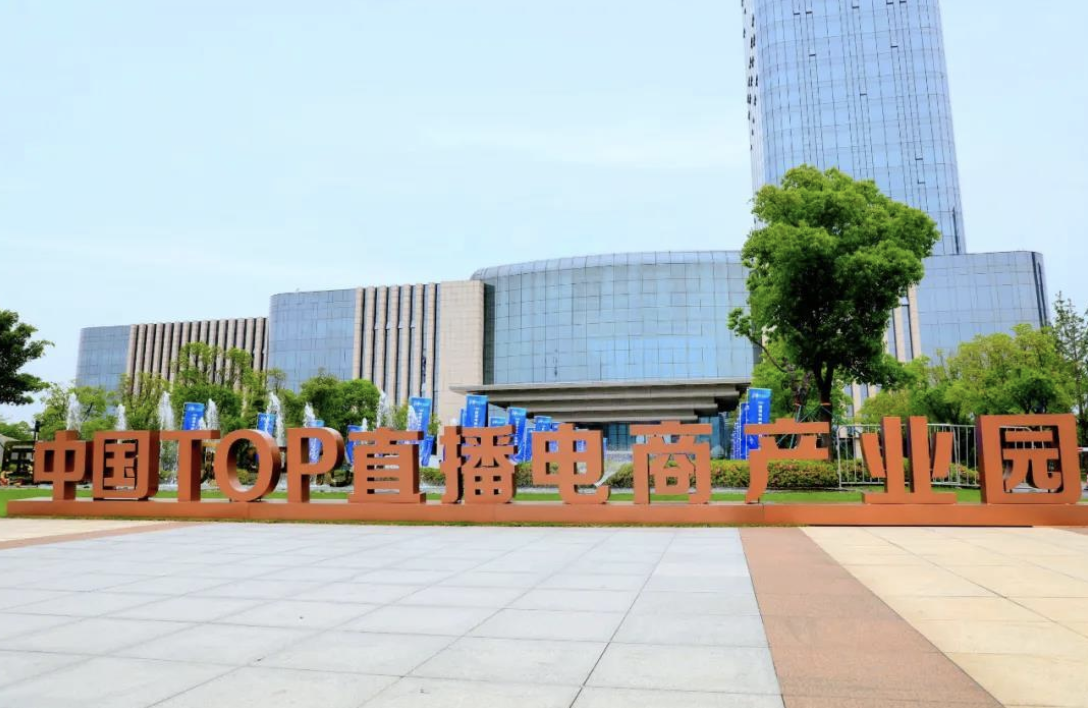In China’s first-tier cities, the pressure on life has increased sharply, and second-tier cities have vigorously recruited talents. How will graduates choose after Covid-19?
June is the graduation season for Chinese graduates. Xiao Huang attends college in Beijing. After submitting his graduation thesis and packing luggage, he says goodbye to teachers and classmates and says goodbye to Beijing.
After saying goodbye, Xiao Huang went to another city, Chengdu. Xiao Huang did not choose the four first-tier cities(Beijing, Shanghai, Guangzhou, Shenzhen) but chose Chengdu, the provincial capital of Sichuan province, which is 2 hour drive from his hometown.
Chengdu is a nice place to live. There are few large-scale enterprises in Chengdu, but Chengdu has slow-paced life and high happiness index. Chengdu has a perfect infrastructure, and the subway mileage is the fourth in the world, the population is close to Beijing to reach 21 million, and the number of cars is second in the country. However, Chengdu does not have severe traffic congestion. The climate is relatively good compared to cities in low-altitude areas in the Mainland. It is “warm in winter and cool in summer, cool in spring and autumn”.

“After graduating from university in Beijing, I went straight to Chengdu to find a job without even thinking about it. Beijing is the capital of China, and its economy and culture are very prosperous, but the living cost is too high,” said Xiao Huang. However, there is another problem for graduates who work in Beijing. Pay for recent graduates can not maintain young people’s lives. “Furthermore, Chengdu has the most tolerant and open environment in China. Two middle-aged men on the street could walk hand and hand fair and square.”
The BOSS Direct Employment Research Institute released the “2021 New Graduates Employment Trend Report”, which shows that 62% of campus recruitment in 2021 comes from first-tier and second-tier cities. First-tier cities accounted for 25% of campus recruiting positions, fell by 4.4% compared with last year; second-tier cities accounted for 37% of school recruiting jobs, an increase of 4% year-on-year, which has become the leading force in the employment of fresh graduates.
According to the “2021 College Graduate Employment Report” released by 58.com, the top ten cities for graduates this year are Shanghai, Shenzhen, Guangzhou, Chengdu, Beijing, Hangzhou, Qingdao, Nanjing, Chongqing, and Changsha.
Although there are more job opportunities and wider platforms in Beijing, Shanghai, Guangzhou, and Shenzhen, more and more graduates prefer the second-tier cities of “slow” life in the face of excessive life pressure and fast work pace.
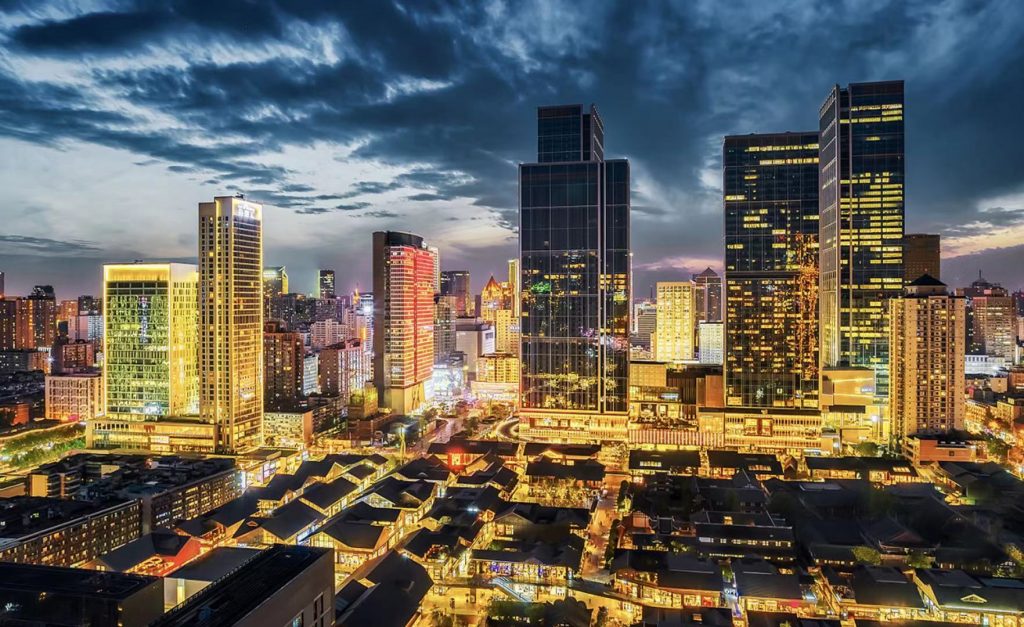
The reason why fresh graduates choose second-tier cities often starts with rent. Chen Xin graduated in 2019 and started his first job in Beijing. “My company is in Haidian District. The room near the company is 3500 yuan(394 pounds), and for an independent bathroom, it is 4000 yuan(450 pounds). It costs 4000 yuan to rent a room together. After paying the rent, I cannot get enough money to live.”
From the data in 2021, it is difficult for college students who have just graduated to live in a decent place in the city. For example, the average monthly salary of 2020 graduates in Shenzhen, a first-tier city, is nearly 7,000 yuan(787 pounds). If you want to live in a 30-square-meter house in this city, you have to give the landlord 43% of your income every month. This number is called the rent-to-income ratio. In Beijing, the figure is 42%, and in Shanghai, the figure is 38%.
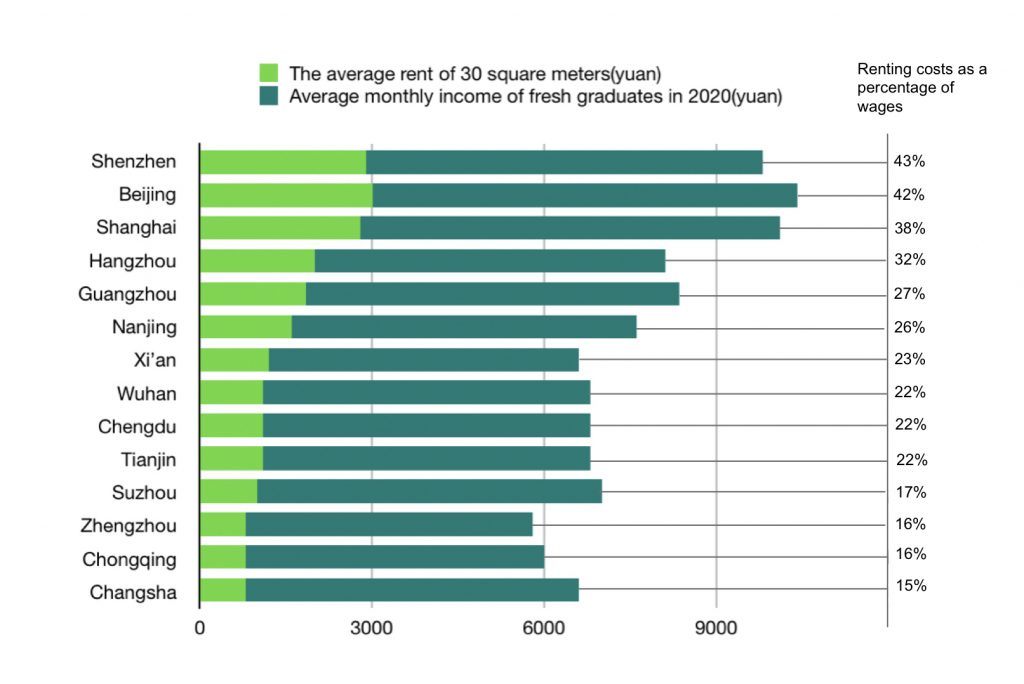
Lin Xi graduated in June 2019 and came to Beijing. She works for a new media operation role. As a fresh graduate who has just entered the workplace, Lin Xin only could get a low wage, but her requirements for renting a house are a bit high. She needs to be close to the subway station to go out for interviews; she often writes at home, so she needs an excellent indoor environment, and the indoor area should not be too small, as young girls live alone, security needs to be guaranteed.
Lin Xi has been fortunate to find a room near the company. It is a 22m² single room with a separate balcony facing the south. She needs to share the kitchen and bathroom with roommates. The only drawback is that this room is quite expensive for her. With the 350 yuan monthly bills, Lin Xi’s rent is more than 4,000 yuan a month. At that time, her salary during the probation period was only 7000 yuan a month. Lin Xi just graduated and did not have much savings, so her parents funded half a year’s rent .
This summer, Lin Xi did not plan to sign next year’s contract after the house contract expired. “I am 24 years old. I feel ashamed to let my parents pay the rent.” She lowered her renting budget to less than 3000 yuan. One month later, Lin Xi finally found a room that met her requirements in Dachang district.
Dachang district has a relatively lower renting price than other districts in Beijing, but it is two hours’ drive from the city centre. Lin Xi’s commuting time has risen from 30 minutes to 120 minutes. Lin Xi started to often be late for work, and she can only sleep less than 6 hours a day. The company has a sofa and a blanket so she sometimes chooses to spend the night there. Such things occur 3-4 times every month.
“Sometimes it is one or two in the morning after finishing my work. If I need to go out for an interview, maybe I will sleep at the company. Some interviews are in the suburbs, and I will go home, but sometimes interviewees are in the city centre, then I would sleep at the company, because when I get home, it is three or four o’clock in the morning, and I have to get up again at 8 o’clock the next day. If you are late in the morning, you will have to deduct the money. It is better to sleep longer at the company.”
Rent occupies most of the income. After paying rent and daily necessities, there is not much left at the end of each month. Such a situation has become an accurate portrayal of many young people living in first-tier cities. “It’s not easy to find a job now during the Covid-19. I plan to quit my job and go to Changsha after the Spring Festival next year. Although it is a second-tier city, renting an apartment near city centre only costs less than 2,000 yuan.”
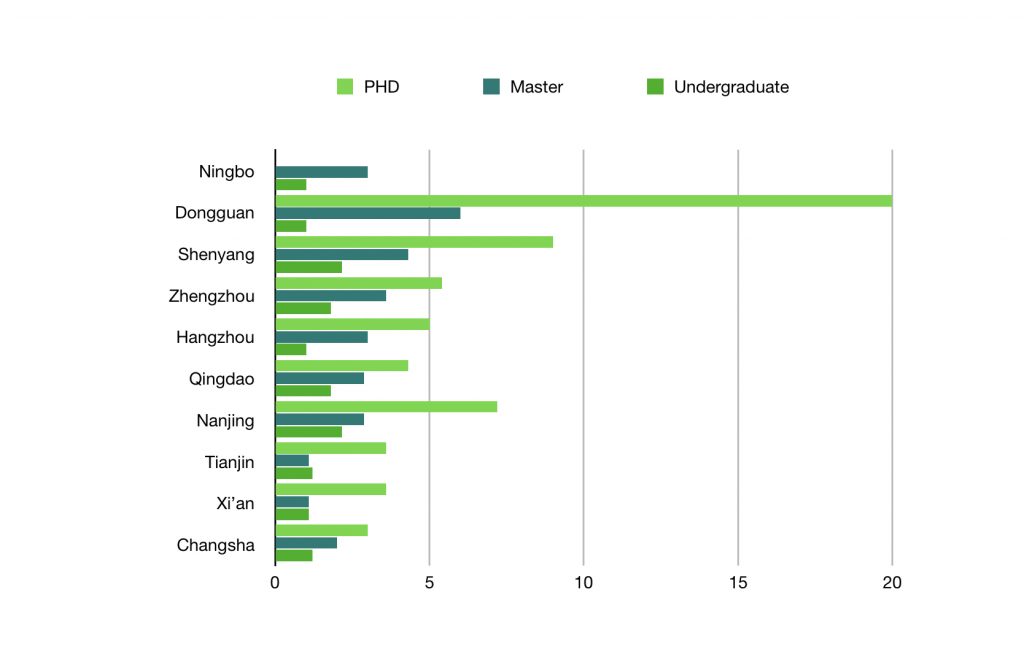
Talent subsidies for new graduates in second-tier cities(2020)
Unit: 10000yuan(1163pounds)
In contrast, second-tier cities are much more friendly to new graduates. Second-tier cities have gradually realized the importance of fresh blood and have successively introduced various policies to attract talents. With preferential policies such as “Residency Policy” and “New graduates Subsidies”, second-tier cities hoped these preferential policies could attract highly educated talents.
Xiao Wang is a student who will graduate in June next year, studying biology at Jilin University. In the autumn recruitment, he chose Suzhou, a second-tier city. “My undergraduate University is in “211 policy” which means working in Suzhou can have two rental subsidies, one more than 20,000 yuan, another is 40,000 yuan, and a one-time subsidy of 20,000, plus a total of 80,000 yuan. Besides, the cost of living in Suzhou is not high, and it is a nice place to live. Living in a second-tier city will be very comfortable.”
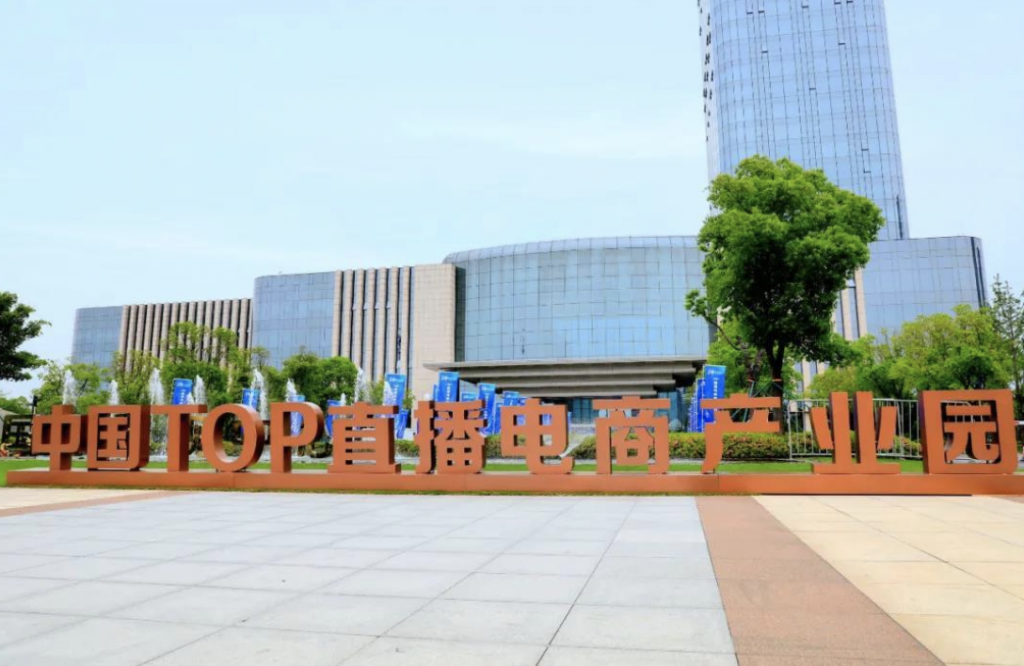
“The war for talent” in second-tier cities has repeatedly grabbed people’s attention. From the introduced talents plan to the household registration permit, from subsidy for buying a house to the convenience subsidy for fresh graduates. Second-tier cities spend a large amount of money or play an emotional card to attract talents. Nowadays, live broadcasts are popular in Hangzhou, and Hefei has invested heavily in introducing new energy vehicle companies. Changsha is famous for celebrity brands.
Each second-tier city develops its characteristics, improves the supply chain, and completes the industrial agglomeration. In the war for economic rankings, no city wants to fall behind. Second-tier cities are firmly bound to the dominant industry, labelling themselves with a distinctive label and highlighting their industrial characteristics. That is why they can attract investment, and it is also why they can set a difference towards Beijing, Shanghai, Shenzhen and Guangzhou.
Graduates are only the most basic link in economic development. The tremendous living pressure in the first-tier cities “pushed”fresh graduates to leave, and the rapid economic progress, advanced development concepts and friendly welcome gestures in the second-tier cities “dragged” many outstanding graduates. Someday first-tier cities will no longer be an inevitable choice for ambitious graduates in the near future. They can also make their way in a group of fast-growing second-tier cities.
